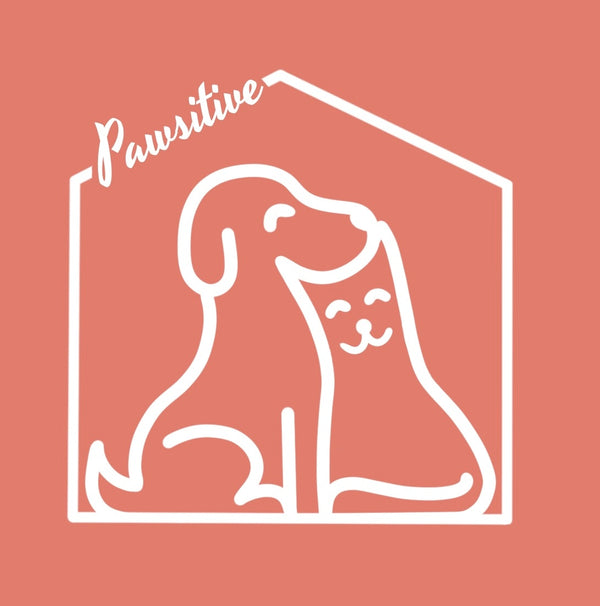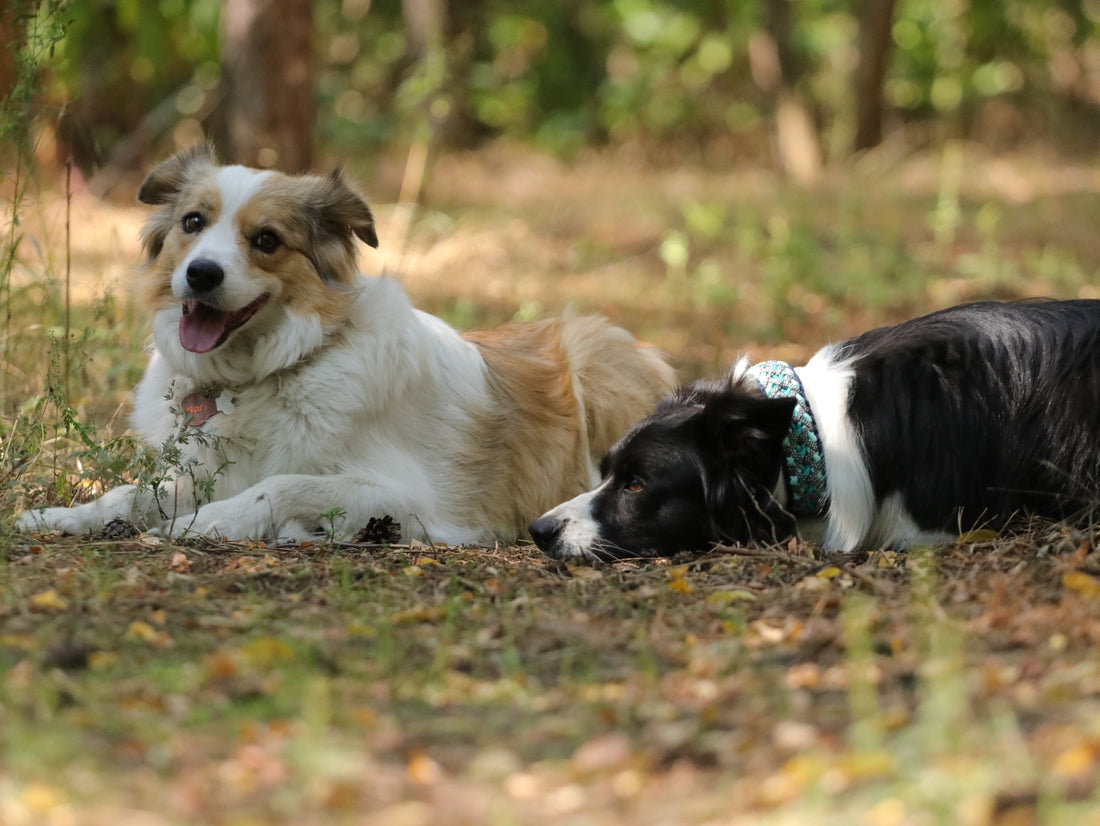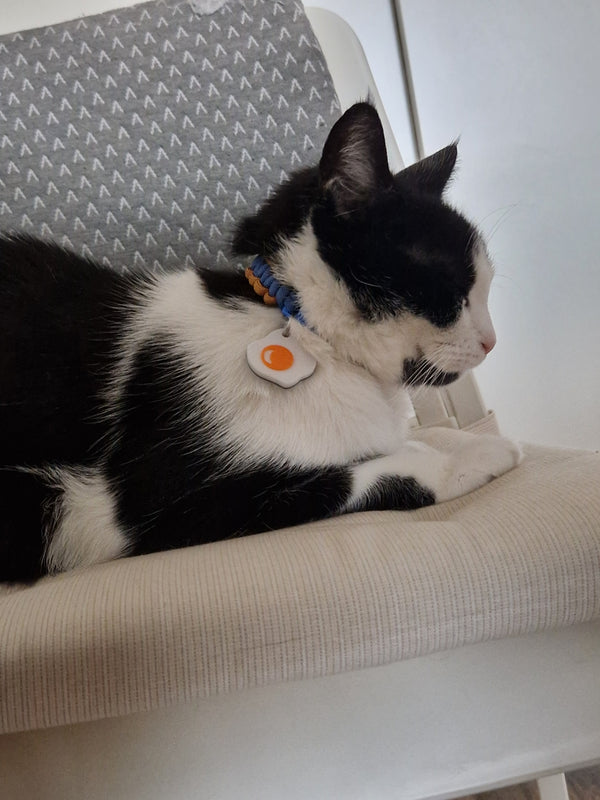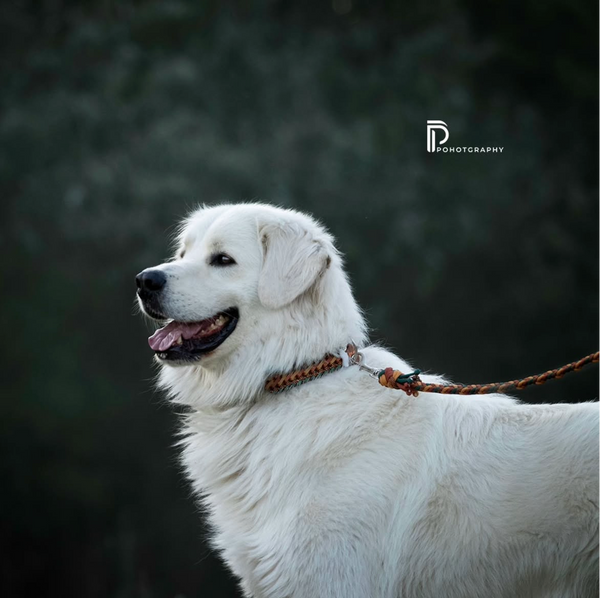For dogs with sensitive skin, collars can sometimes cause discomfort, chafing, or irritation. Choosing the right collar, fitting it properly, and caring for it correctly can make all the difference — keeping your dog comfortable while ensuring safety on walks.
1. Choosing the Right Material
Material matters when it comes to sensitive skin. Some dogs react to metal, rough fabrics, or synthetic leather. The best choices for sensitive dogs include:
- Biothane: Smooth, waterproof, and hypoallergenic. Ideal for active dogs or those prone to moisture-related irritation.
- Paracord: Soft yet strong braided material. Lightweight and comfortable for daily wear.
- Soft nylon or cotton blends: Gentle on skin but make sure seams are smooth and hardware is rust-free.
Avoid collars with rough edges, cheap plastics, or scratchy metal that can rub and cause sores.
2. Proper Fit is Key
Even the best material won’t help if the collar doesn’t fit correctly. Follow these tips:
- Measure your dog’s neck carefully: Leave enough room to fit two fingers comfortably between the collar and your dog’s neck.
- Check regularly: Puppies grow quickly, and even adult dogs can gain or lose weight. Adjust as needed.
- Avoid collars that are too loose or too tight: Loose collars can chafe; tight collars restrict breathing and movement.
3. Keep the Collar Clean
Collars accumulate dirt, sweat, and oils that can irritate skin. Regular cleaning helps prevent issues:
- Wipe down Biothane or Paracord collars with a damp cloth.
- Machine-washable soft collars should be washed gently and air-dried.
- Check hardware and stitching for damage to avoid rough spots.
4. Rotate Collars if Needed
If your dog is especially sensitive, consider rotating between two collars:
- Use one for walks and one for home.
- Give the skin time to recover from friction or moisture.
5. Watch for Signs of Irritation
Even with the right collar, monitor your dog for:
- Redness or hair loss around the neck
- Frequent scratching or rubbing
- Unusual sensitivity or discomfort
If irritation persists, consult your vet for advice on hypoallergenic options or alternative collar types.
Sensitive dogs deserve collars that are comfortable, safe, and long-lasting. By choosing the right materials, ensuring a proper fit, keeping collars clean, and monitoring for irritation, you can prevent problems before they start.








